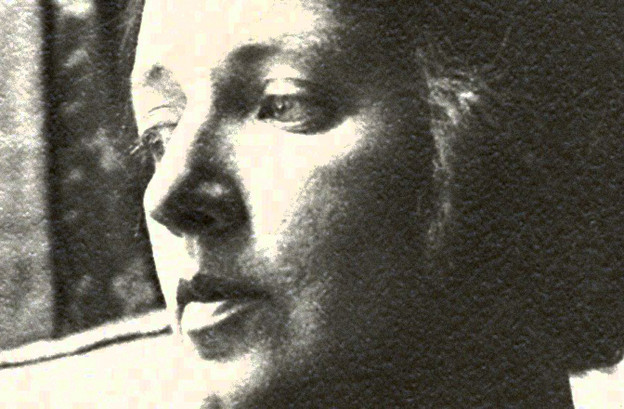Experiment is exhausted, so it's time to interpret rather than explore

American Quarterly, which at the time was the true home in print of the surging postwar “American Studies” (or: “American Civilization”) movement in academe, sought out poet Louise Bogan to write a short summary of “Modernism in American Literature.” It was published in the Summer 1950 issue. Bogan (1897-1970) was very loosely associated with Euro-American poetic modernism of the 1920s, and perhaps it helped that her first book was published in 1923, the time of Harmonium. Her particular Eliot was the writer who’d discovered a modern mode as part of a “personal point of departure [from] Elizabeth drama and the irony of Jules Laforgue.” She admired the way Yeats and Pound “achieved modernity” yet happily distinguished them from the real thing: “Eliot,” on the other hand, “was modern from the start.”
Bogan, in my view, was essentially done as a poet of significance in 1941, by which time, in any case, most of her poems had been published. She stayed with us a long time, though, and that’s because she’d been hired by the New Yorker to be their main poetry reviewer, holding that powerful position for 38 years, until 1969. I suspect most poetry people would thus know her from the byline on all those short New Yorker notices. (There is, to be sure, a corridor in the house of poetry along which Bogan is said to be “the most accomplished woman poet of the twentieth century.” So begins the introductory note on her at the Poetry Foundation web site.)
So it’s 1950, precisely midcentury, and time for the American Studies community to say something about modernism from that seemingly pivotal temporal vantage. In the piece Bogan is going along just fine, reviewing fifty or so years of American modernism. She waits until near the end of the piece to lower the boom on experimentalism. Anyone who has read my book, Counter-Revolution of the Word, will find these statements actually quite typical of the Cold War. Yet their confident wrong-headedness — on top of a very specific but unmentioned ideological context — nonetheless feels astonishingly complete.
First, we find that “it is becoming evident [though evidence is not offered] that the experimental side of literature must adjust itself to 'reality' and to the changes in the human situation.” That’s a standard way, at the time, of referring to the Cold War, but note that by way of a conjunction such a contingency is connected to a vague, much larger species-level change. Is that a modal shift in existence in response to existential threats of nuclear annihilation? Or does she really mean a species inherence, a change of being? In any case, experimental poets need to get with the consolidating program, the new “realities” of 1950.
Bogan insists she does not want to “abolish” a “continued ‘openness’” in avant-garde writing — although that openness is in doubt, somehow, via the scare quotes; she only wants experimental writers to know that they “must not insist upon a stubborn avant-gardism” when “no real need for a further restless forward movement any longer exists.” It’s 1950, and things are going along just fine. Why keep pushing forward? This is a moment for “a consolidation of resources” (not clear what that means in terms of poetry — magazines? Creative Writing programs? prizes?). And it’s time to look back, to “canvass” the “ground already gained.” Quite aside from the quality of the work, anyway, we all know there are many “charlatans, power-lovers, and blageurs” within “the experimental side” of the contermpoary poetry world, such that putting an end to the assumption that New is good is a move toward overall health and sanity in the arts. Much healthier to interpret than to explore. Now that experimentalism is exhausted, it’s time to understand [the ills of?] "‘Futurist’ idolatry” (for instance) rather than to participate in it. “Interpretation, rather than exploration . . . is the task of the moment and of any imaginable future.” “[A]ny”? There’s an astonishing degree of certainty here.